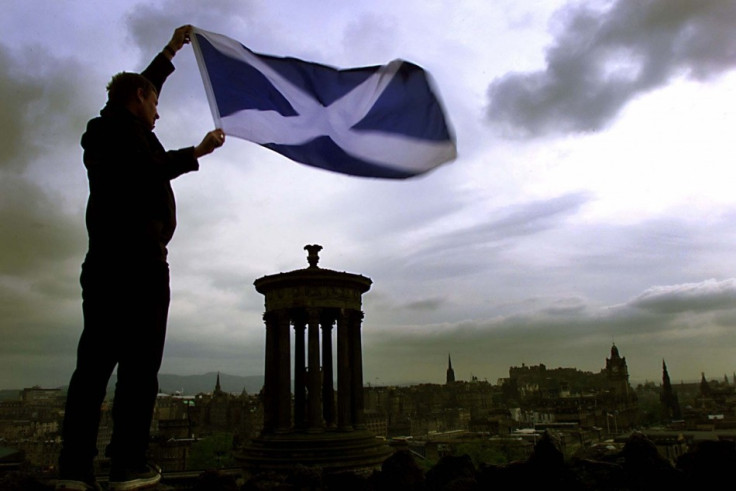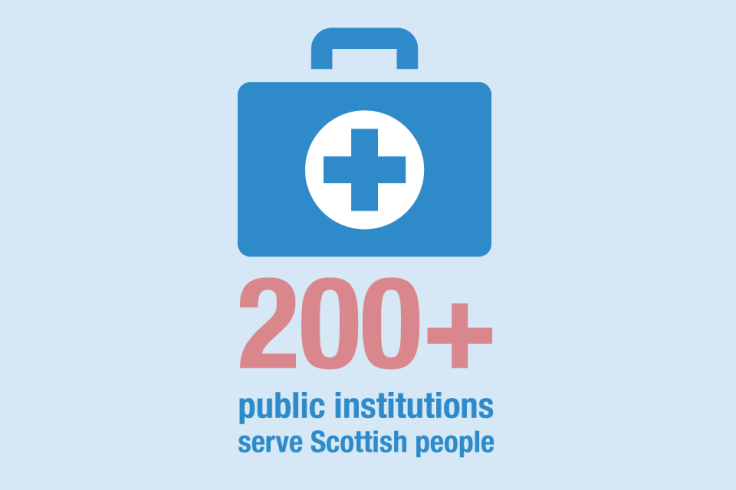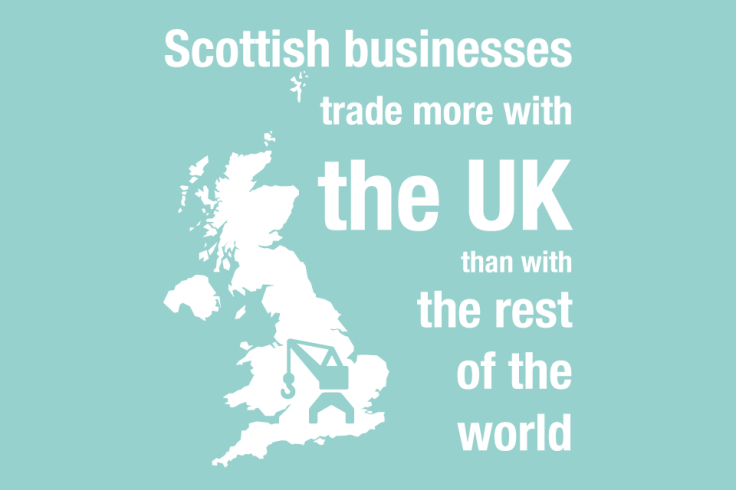Scottish Independence: Whitehall's Top Reasons for Why It's a Bad Move

The British government didn't mince its words when it came to delivering its mammoth 1,400-page report on why Scots should vote 'no' at the 18 September referendum.
Amongst claims that an independent Scotland would mean severing lucrative trade ties and a flurry of businesses leaving the country, Whitehall said the analysis all pointed towards Scots losing out if they voted for independence.
"People need to be informed about the consequences of the Scottish referendum. That's why we have undertaken the most rigorous and comprehensive analysis of Scotland's place in the UK ever attempted," said Chief Secretary to the Treasury, Danny Alexander, in a statement.
"You might call it 'Project Fact' - over 1,400 pages of analysis citing hundreds of independent experts and organisations. The conclusion is clear: almost every aspect of life in Scotland is enhanced and improved because we are part of the UK."
So why is Scotland better served as staying part of the 307-year union? Here are the top reasons why, according to the British government.
Having the Best of Both Worlds
Whitehall said that after sifting through reams of data, independent reports and analysis, Scotland currently benefits from having 'two governments working in its interest'.
By this, the UK government says Scotland reaps the benefit of having a strong devolved government, yet shares the "risks and resources" from the remainder of the UK.
Independence Would Sever trade Ties

The UK government made it clear in its report that Scotland relies heavily on trade with the rest of Britain, which includes thousands of jobs.
Being part of the union also means there aren't cross border tariffs, taxes and regulations however, a break away would mean these perks would be par for the course in an independent Scotland.
Overall, the rest of the UK accounts for 70% of Scottish exports.
'Share and Share Alike'
One of the biggest sticklers for Whitehall backing the 'Better Together Campaign' is the ability to share companies and resources, while also spreading the risk.
The report said, "like the BBC and the National Lottery, as part of the UK, people can receive free medical assistance from any hospital in the UK."

It adds that "Scotland can make its own decisions in devolved areas, while sharing risks and resources with the rest of the UK."
Furthermore, despite the Scottish Nationalist Party (SNP) claiming that an independent Scotland would retain the pound, Whitehall emphasised that the nation would give up the currency if it decided to break away from the rest of the island.
"The pound is one of the oldest and most stable currencies in the world. An independent Scotland would not be able to use the pound, or the Bank of England as part of a formal currency union," said the report.
Scottish Businesses Benefit from UK Diplomacy
Scotland is famous for its whisky and, according to the Scotch Whisky Association, scotch exports contributed £4.3bn (€5.3bn, $7.2bn) to the United Kingdom balance of trade and supported around 35,000 jobs in 2013.

This is boosted by the fact that the UK employs over 14,000 people in its democratic network to promote and protect the interests of businesses based in Scotland – like defending Scotch whisky from counterfeits.
Scottish People Would be Poorer Under Independence
Whitehall calls it a 'dividend' but effectively the '£1,400 for every person in Scotland' means that citizens could lose that amount instantly because an independent country would sever the instant benefit of lower taxes and higher levels of public spending.
According to the report, as part of the UK, Scotland benefits from public spending that is around 10% higher than the UK average.
© Copyright IBTimes 2025. All rights reserved.






















